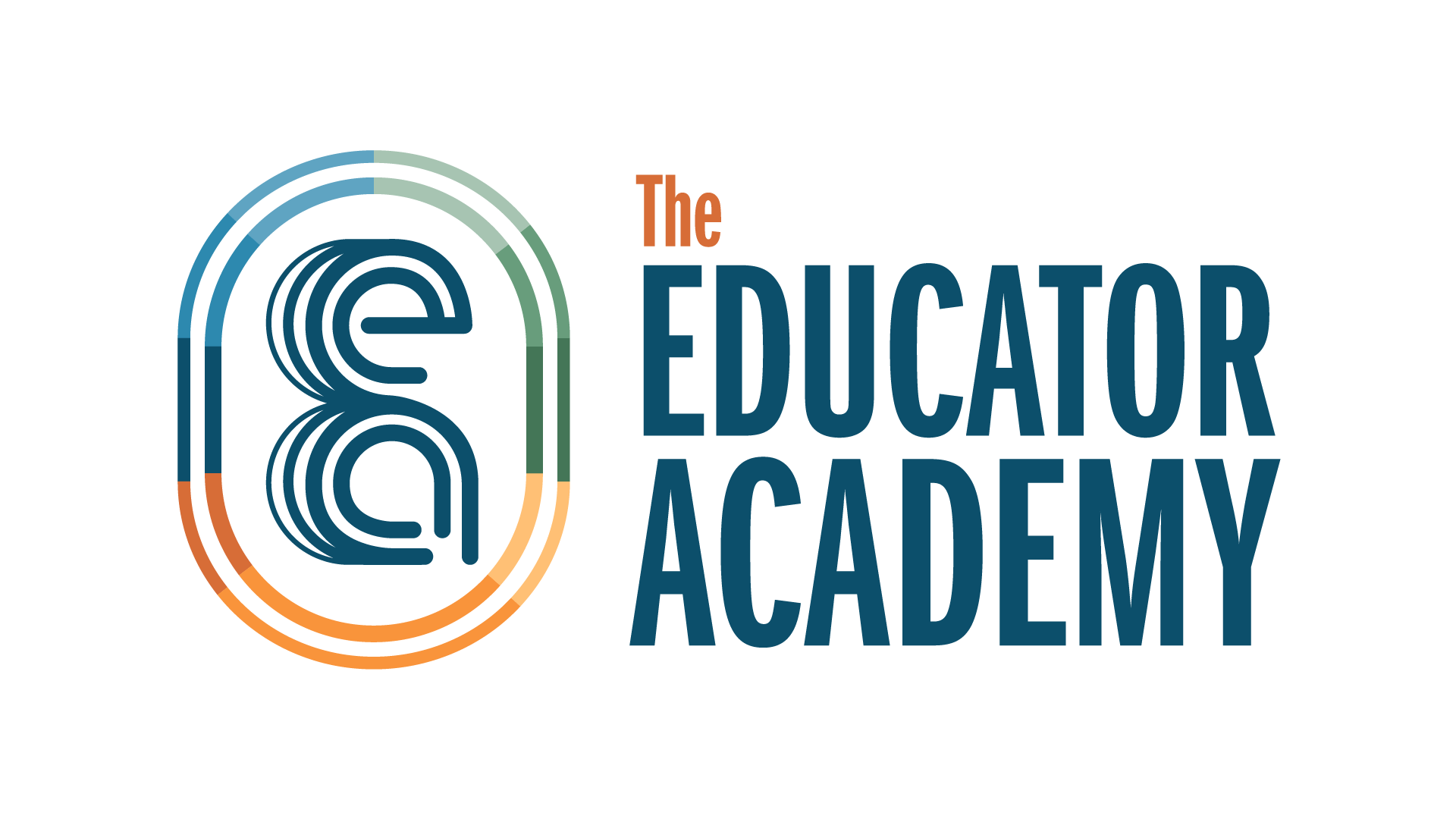
This blog is based on a transcript from a video interview of Nate McCoy with our Talent Recruiter Vernon Birmingham. This has been formatted to fit a blog. All edits that have been made are for legibility purposes only.
Every year at The Educator Academy, we like to show love to our career changers who have decided to enter the field of education and continue making an impact on their community.
This month we are highlighting our Troops to Teachers series with an interview from our cohort six graduate Nate McCoy. We have the privilege of sharing the remarkable journey of a veteran who transitioned from a 25-year career in the United States Air Force to a fulfilling life as an educator. This interview provides a brief insight into the challenges and rewards of this transition, shedding light on how military experience can translate seamlessly into the classroom.
Interviewer: Can you tell us about your background in the military and what inspired your transition to teaching?
In my former career, I proudly served in the United States Air Force for 25 years, retiring as a Chief Master Sergeant (E nine) in August. My military journey was characterized by service and taking care of people. After retiring, I immediately embarked on my second career: teaching. From a young age, I knew I wanted to be an educator, but life took me on a different path. I had some amazing teachers who inspired me, and I also saw the impact of great coaches during my high school years. My high school teacher, Mr. GBE, and my high school coaches had a significant impact on me. They were role models who motivated and guided me, and I wanted to do the same for others. After much contemplation and the encouragement of my wife, I decided to pursue a career in teaching.
Interviewer: Transitioning from a highly structured military environment to the dynamic and sometimes unpredictable classroom can be challenging. Can you share your experiences with this adjustment?
Surprisingly, there are similarities between the military and the classroom. In both settings, you can plan meticulously, but when it comes to execution, you’re dealing with people. Just as my military days could be thrown off track by unexpected events, the same happens in the classroom. Students may come in with personal issues, and your lesson plan has to adapt to address their needs. So, the unpredictability is something I was familiar with from my military service. It’s about adapting and serving the people you’re responsible for, whether they’re soldiers or students.
Interviewer: What was your process in determining the best route to becoming a certified teacher?
I finished my bachelor’s degree back in 2006, while I was a military instructor for technical training. I was teaching young airmen how to manage fuels. I also earned a degree in occupational education, knowing I would eventually need to become certified as a teacher. When I began looking at programs, I considered Troops to Teachers and Teach for America. Initially, I wasn’t certain about my destination, but when my wife decided on Kansas City, my options became clearer. I applied to another program in Kansas City, Kansas, and simultaneously applied to The Educator Academy. The EA’s program stood out due to its comprehensive support. I had the opportunity to work closely with a certified teacher for a year, gradually completing my master’s degree. It was a no-brainer choice. Although the workload is intense, it makes sense and allows me to prepare thoroughly for my own classroom.
Interviewer: Can you share more about the certification process, weekly coaching, mentor teacher, and the financial support our program offers?
Absolutely! The EA’s program provides a highly condensed and efficient path to teacher certification, allowing you to become a certified teacher in just one year. Throughout the year, you receive weekly coaching sessions to help you navigate the challenges of the classroom. This guidance is invaluable, and I’m grateful for the support. Moreover, you’re paired with a mentor teacher who guides you through your first year of teaching, helping you transition smoothly into your new role. As if that weren’t enough, the program offers financial support to alleviate the costs associated with certification and graduate studies. This comprehensive approach ensures that veterans can make a successful transition into the world of education.
Conclusion:
The journey from military service to the classroom is not just a transition but a transformation of purpose. This inspiring interview showcases the dedication and passion of veterans who choose to become educators. It highlights that the skills and experiences gained in the military are invaluable assets in the world of teaching. Our interviewee’s story serves as a powerful reminder that the path to education is never linear, but it’s a path of purpose and unwavering commitment to making a difference in the lives of the future generation.
At The Educator Academy, we are committed to cultivating teachers and growing community.
We are immensely grateful to Nate McCoy for his contributions and dedication to our educational community. To view his full interview check out our YouTube channel!
Interested in applying to the residency? Apply today!
Want to learn more? Join our Newsletter
Stay connected with the latest news, resources, and opportunities from The Educator Academy by signing up for our newsletter!

